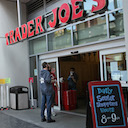
Sales Over Health and Safety at Trader Joe’s
Grocery workers say they are encouraged to overcrowd stores—while their CEO writes that unionization is against the chain’s “values.”


Grocery workers say they are encouraged to overcrowd stores—while their CEO writes that unionization is against the chain’s “values.”
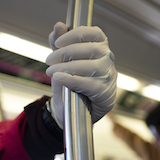
What should you do if your boss is pressuring you to return to an unsafe workplace?
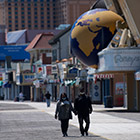
“We want the casino to open,” says a server at Caesars. “I want to go back to work. But they have to do it responsibly.”
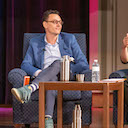
Billy Fleming discusses not just the kinds of policies that should anchor a Green New Deal, but how to advance an effective inside-outside strategy to win them as we gear up for 2021.
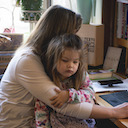
A new state bill aimed to protect the jobs of hourly school employees amid the COVID-19 pandemic. But language protecting those workers was rejected by the Senate.
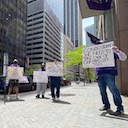
Workers at 75 Wall Street in New York are demanding management return to the bargaining table.
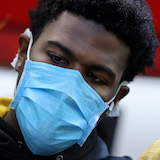
“I want to remind the owners of the factories that they’re the ones who can save our lives.”
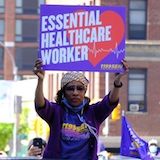
A home care attendant is determined to keep helping her vulnerable clients. “I’ve been in this field eighteen years,” she said. “So why would I turn my back now, when I know they need me to feed them?”

Mary Annaïse Heglar talks to Kate and Daniel about climate grief; why we don’t have to choose between caring about police violence and caring about the polar bears; and why Bernie Sanders’s campaign message didn’t resonate with many (especially older) black voters.
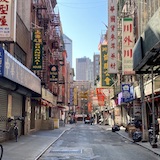
Two restaurant workers tell their stories.
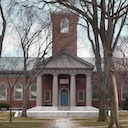
Graduate students are doing essential work researching pandemics. They have no guarantee that work will continue.
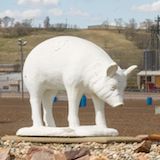
The illness in the food chain should remind us that we are all only as healthy as the sickest person in society.

“They have very unrealistic expectations of workers sacrificing their health so that people can buy makeup.”
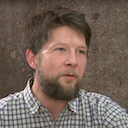
On this week’s show, Kate and Daniel talk to Jedediah about his vision of commonwealth politics; the challenges of organizing in a socially distanced world; where the law fits in; and whether coming together also means naming new enemies.
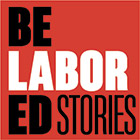
Graduate student-workers, who are paid on a nine-month schedule, are worried about the summer.